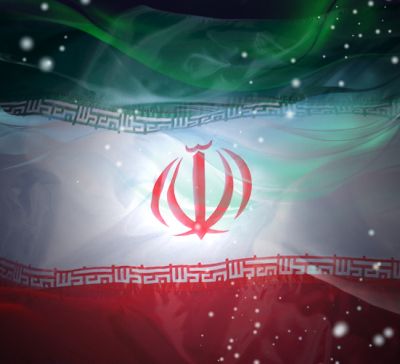Iran Facebook, Twitter Filters Lifted Briefly In ‘Technical Glitch’

Iran, whose new president has promised a softer line on Internet filtering, saw blocks on Twitter and Facebook disappear briefly on Monday
Iran’s filters on Twitter and Facebook were switched off briefly on Monday, only to be restored on Tuesday, due to what Iranian government officials called a technical glitch.
However, some speculated that the incident might have been a “test” by the government, which has recently indicated it intends to take a less restrictive approach to such Internet blocks. The ban has been in place since 2009, when social media sites such as Twitter and Facebook were used to coordinate activities directed against former president Mahmoud Ahmadinejad.
‘Technical problems’
Abdolsamad Khoramabadi, secretary of a state committee responsible for Internet filters, said the disappearance of the filters was due to “technical problems”.
 “The lack of a filter on Facebook (Monday) night was apparently due to technical problems and the technological committee is investigating this issue,” Khoramabadi said, as quoted by Reuters from a Mehr news agency report. “We are investigating to see which of these companies (ISPs) has done this.”
“The lack of a filter on Facebook (Monday) night was apparently due to technical problems and the technological committee is investigating this issue,” Khoramabadi said, as quoted by Reuters from a Mehr news agency report. “We are investigating to see which of these companies (ISPs) has done this.”
Jillian York, a director at the Electronic Frontier Foundation, said she had heard reports of the filters being lifted on several different Iranian Internet service providers, according to the Telegraph.
Teheran-based IT administrator Arash Tajik speculated that the temporary removal of filters might be a test by the government. “They are testing what will happen if they remove the filter, and whether they can control the situation or not,” he said, according to Reuters.
More openness
Iranian President Hassan Rouhani, who took office last month, has repeatedly indicated that he plans to take a less strict approach to website bans.
“Gone are the days when a wall could be built around the country,” Rouhani said in July, as quoted on his own Twitter feed on Monday. “Today there are no more walls.”
An increasing number of Iranian government officials, including foreign minister Javad Zarif, oil minister Bijan Zanganeh and most of the president’s cabinet, have created accounts on Facebook or Twitter.
Any permanent change to Iran’s Internet filters would, however, have to be approved by government and security officials, including Supreme Leader Ayatollah Ali Khamenei.
Many of Iran’s citizens use virtual private networks (VPNs) to get around government blocks.
In July the Iranian government said it had created a domestic email service for its citizens, with each Iranian citizen to be given his or her own email address. The country is thought to have a population of 77.9 million people, but only 32 million people are thought to be internet users.
Iran’s Internet troubles have included attacks on the government’s servers by Anonymous, while the Stars virus and the Stuxnet worm, which targeted Iran’s nuclear centrifuges, have also caused disruption.
Former intelligence consultant and whistleblower Edward Snowden and others have alleged the National Security Agency (NSA) collaborated with the Israeli government to create Stuxnet.
Are you a security pro? Try our quiz!